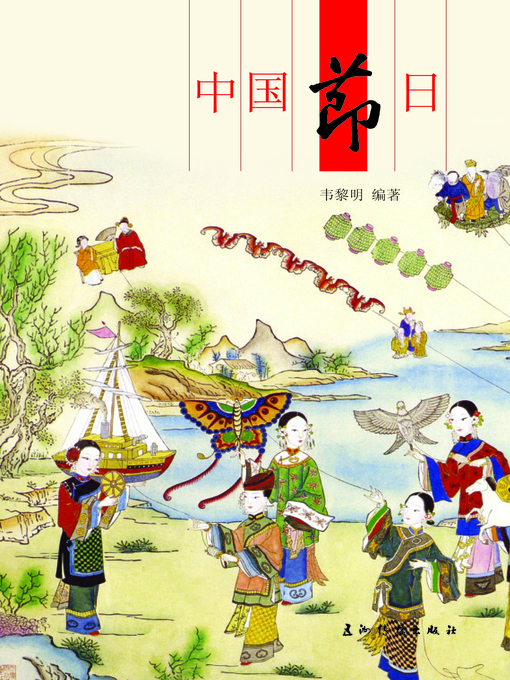《中国节日》中国是一个有着五千悠久历史的多民族国家,在不断向前发展的历史进程中,形成了很多独具特色的传统节日,形式多样、内容丰富。节日是中华民族精神和情感的重要载体。节日文化深深扎根于民众之中,具有强盛鲜活的生命力,历经岁月的变迁,逐渐成为中华民族灿烂的一份珍贵遗产。节日的起源和发展是一个逐步形成和完善并慢慢渗入到社会生活中的过程,它是人类社会发展到一定阶段的产物。社会生产力的进步,人民生活水平的不断提高,宗教的产生和活动的频繁,为节日的产生和发展提供了可能。中国古代的岁时节日大多和天文、历法、教学知识的不断丰富有关,尤其是后来划分出的农历节更与传统节日的产生有密切的关联。到汉代(公元前206—公元220),一年中划分的二十四个节气已基本齐备。节气为节日的产生提供了前提条件,即一年之中,随着季节、时序的变化,人们在从事生产劳动时形成了不同的民俗活动以及代表人们美好愿望的祭祀活动。节日就是在这一基础上形成的。(Festivals are the carrier of the national soul and sentiment of the Chinese people, and are also the essence of the national affinity and cohesion. The culture of festivals roots deeply in the people, and it thus shows its enormous vitality. In spite of the change of times, it has gradually become part of the heritages of the colorful Chinese culture. Some important ones, the four major festivals (the Spring Festival, Pure Brightness Festival, Dragon Boat Festival and Mid-Autumn Festival) in particular, are still widely celebrated among people. China's statutory festivals and memorial days include New Year's Day, Women's Day, Tree-planting Day, Labor Day, Youth Day, Children's Day, Army's Day, Teachers' Day and National Day, and etc. Minority people in China boast various festivals and almost every nationality has her own major festivals. Typical examples are the Tibetan New Year Festival, Water-Splashing Festival for Dai people, and Torch Festival for Yi People, the Singing Carnival for Zhuang people and Nadam Fair for Mongolian people.)

-
Creators
-
Series
-
Publisher
-
Release date
May 27, 2015 -
Formats
-
OverDrive Read
- ISBN: 9787508516943
- File size: 33621 KB
-
EPUB ebook
- ISBN: 9787508516943
- File size: 33621 KB
-
-
Accessibility
No publisher statement provided -
Languages
- Chinese
Why is availability limited?
×Availability can change throughout the month based on the library's budget. You can still place a hold on the title, and your hold will be automatically filled as soon as the title is available again.
The Kindle Book format for this title is not supported on:
×Read-along ebook
×The OverDrive Read format of this ebook has professional narration that plays while you read in your browser. Learn more here.